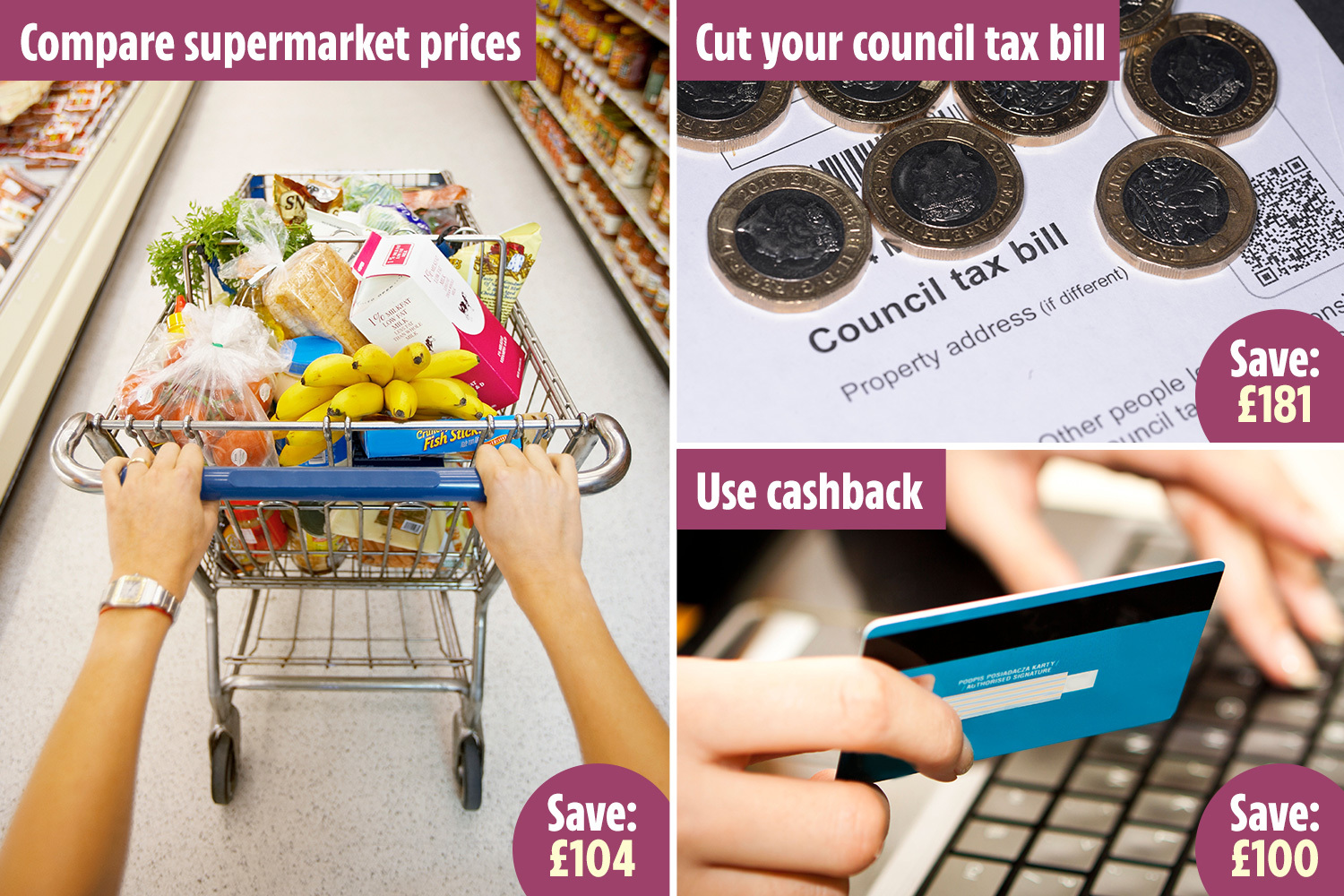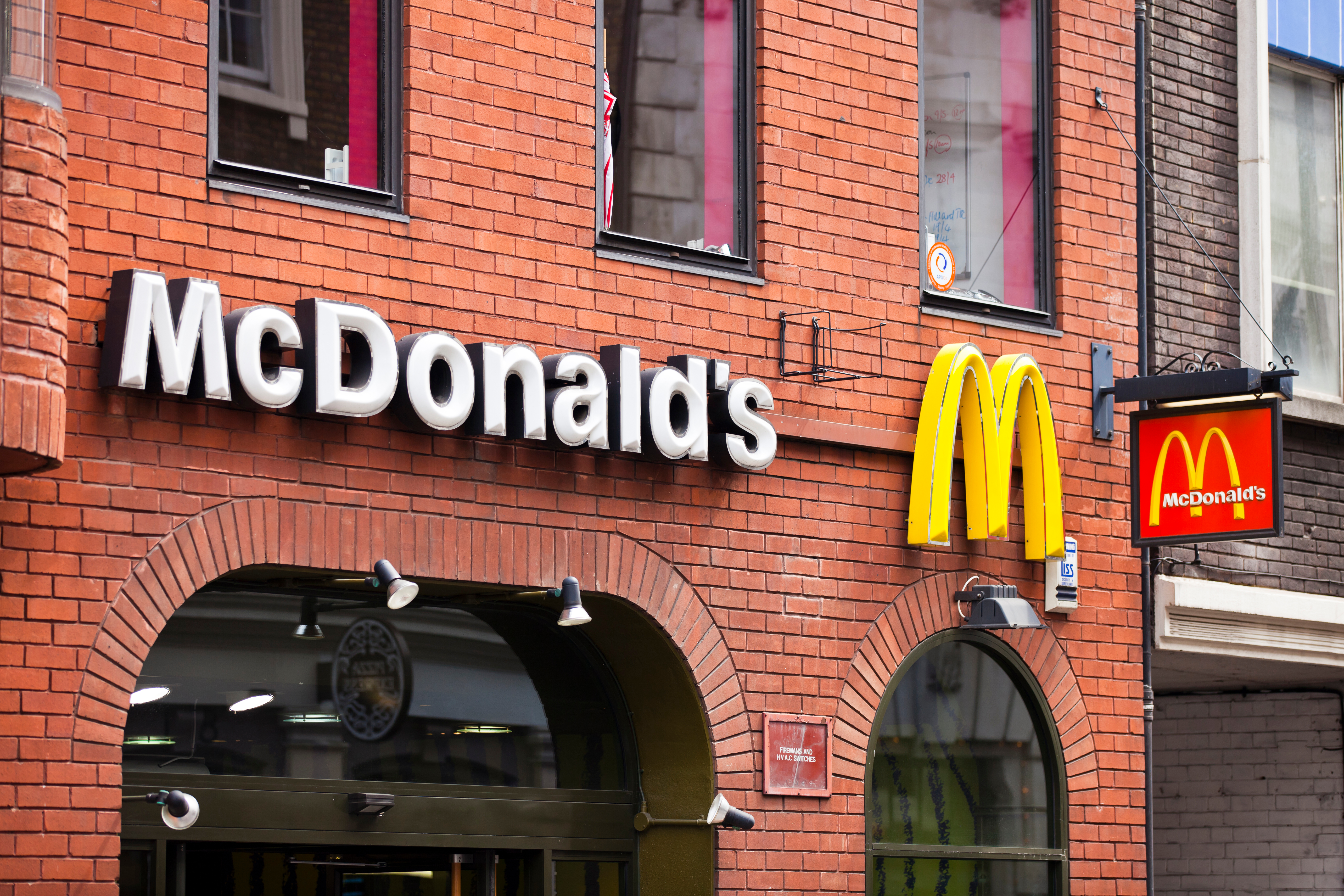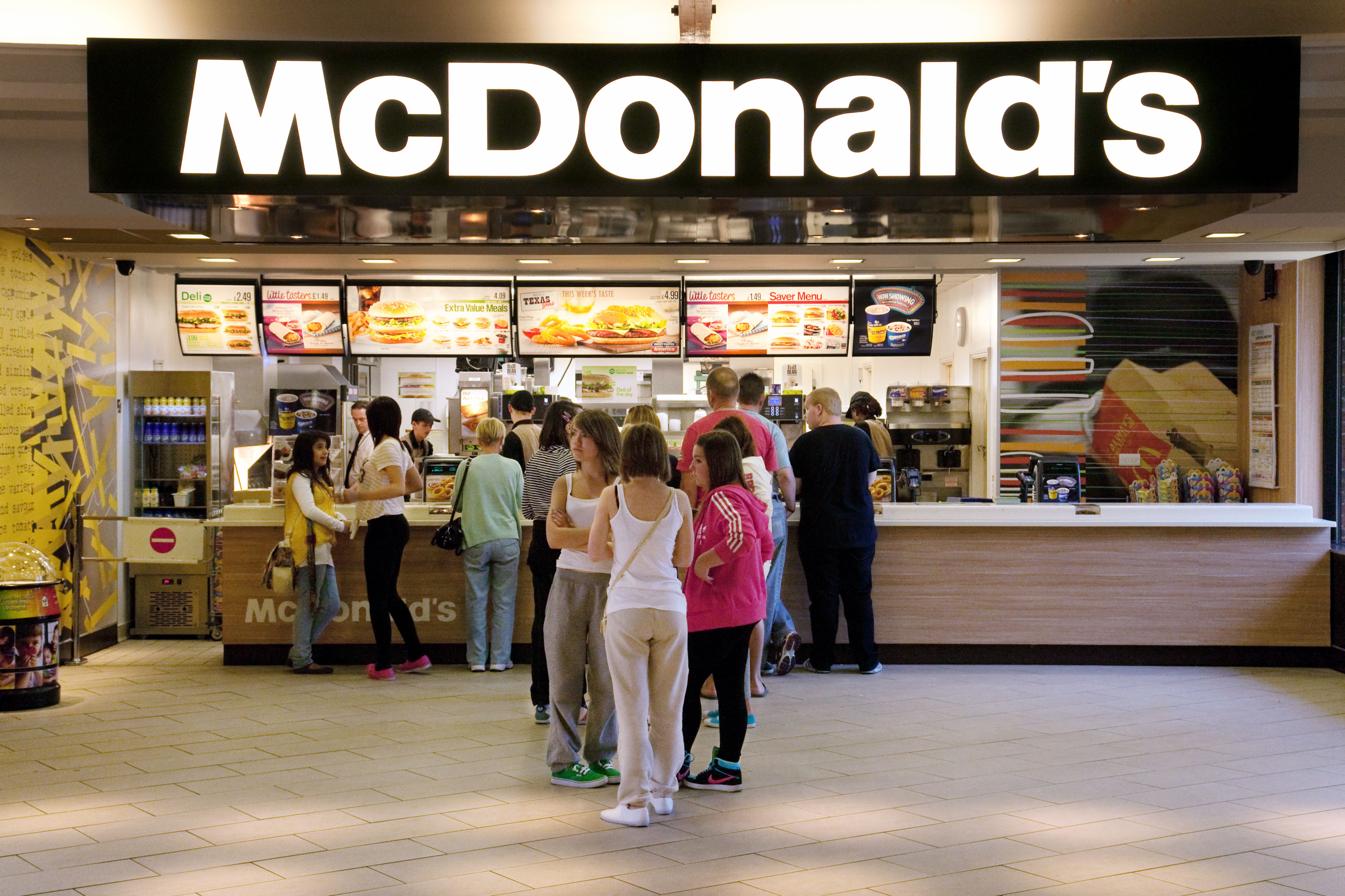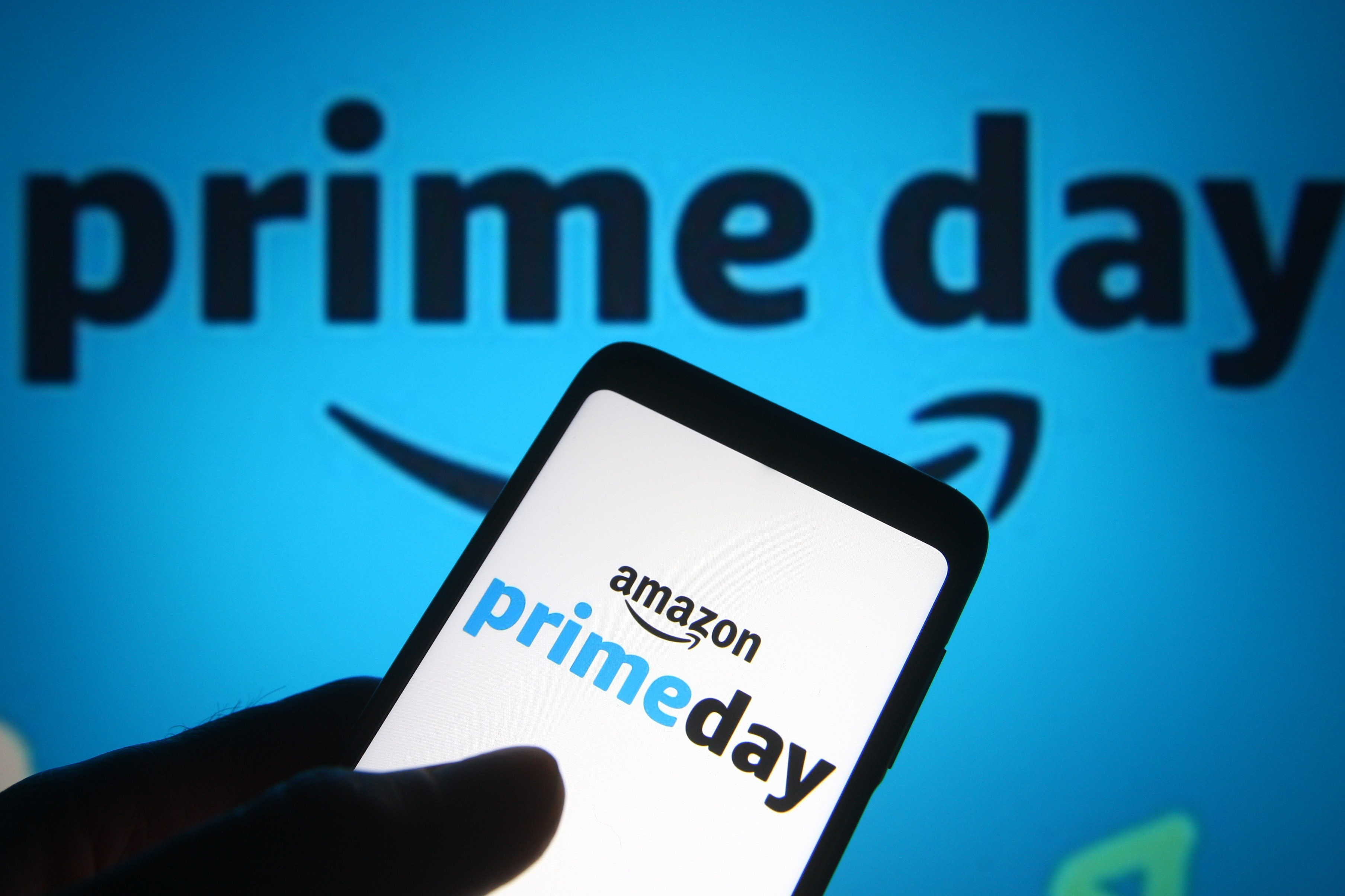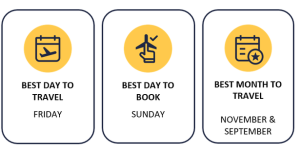WITH summer holidays and a long six week school break on the horizon, your spending could be heading higher.
But there are plenty of ways you could save cash now ready for the holidays – and it could add up to £1,000.
Here we share our top money-saving tips for saving cash that can help you get through the summer.
We’ve calculated that if you were able to do them all, then you’d have an extra £1,086 in your pocket.
Don’t forget that if you have kids, you could also get up to £2,000 a year to help with childcare.
The tax-free childcare scheme can be used to cover the cost of sports activities and summer holiday clubs.
1. Cut your council tax bill – save £181
You could be entitled to a 100% reduction of your council tax bill if you claim certain benefits.
The average yearly council tax bill for Band D properties is £1,817.
As bills are often split over ten months, this means some families could save themselves £181 each month if their bill is cut by 100%.
Check directly with your local council to see what support it can offer – but the amount will usually depend on your circumstances.
Some councils let you backdate the reduction, but they don’t have to do this.
2. Take the Downshift Challenge – save £125
Try swapping branded goods for cheaper alternatives, also known as the Downshift Challenge.
If you like what you’ve tried, then stick to it and MoneySavingExpert says you could save up to £1,500 a year.
On a monthly basis, this works out at around £125.
Here’s how to cut the cost of your grocery shop
SAVING on your shop can make a big difference to your wallet. Here are some tips from Money.co.uk about how you can cut the cost of your shopping bills:
- Write yourself a list – Only buy items that you need. If it isn’t on your list, don’t put it in the trolley
- Create a budget – Work out a weekly budget for your food shopping
- Never shop hungry – you are far more likely to buy more food if your tummy is rumbling
- Don’t buy pre-chopped veggies or fruit – The extra they’ll charge for chopping can be eye watering
- Use social media – follow your favourite retailers to find out about the latest deals
- Be disloyal – You may want to go to different stores to find the best bargains
- Check the small print – It’s always worth checking the price per kg/lb/litre when comparing offers so you’re making a like for like decision as a bigger box won’t necessarily mean you get more
- Use your loyalty cards – Don’t be afraid to sign up to them all. They all work slightly differently – work out what bonus suits you better and remember to trade in your points for additional rewards
3. Working from home? Get tax-free cash – save £125
If you’re working from home, you could be entitled to a tax refund of up to £125.
You could be eligible even if you only worked one day from home during the coronavirus crisis, but the amount you get back depends on your income tax rate.
As part of the help, your tax code is adjusted so you’re not paying as much tax.
HMRC launched an online tool in October to help you make a claim.
And you can claim it for this tax year and the last one, so you could get £250 – double the amount.
4. Take advantage of cashback – save £100
Cashback essentially gives you money back for shopping on purchases that you’d be making anyway.
You could also earn money back by signing up to a new phone deal, or even switching your energy supplier.
Two of the most well-known cashback websites are TopCashback and Quidco.
But keep in mind that the cashback isn’t paid to you instantly – it usually takes around 30 days once your payment has been confirmed.
The rewards can be anything from 1% to 15% of your original spend.
The Sun previously spoke to one cashback user who made £1,200 across the year by using Quidco.
On a monthly basis, this works out at around £100.
5. Compare supermarket prices – £104.08
Try switching posh shops like Waitrose and M&S for discounter brands like Aldi and Lidl.
Consumer group Which? found the price of 45 items – based on both branded and non-branded goods – cost just £42.67 at Lidl, compared to £68.69 at Waitrose.
This means you save £26.02 per shop at Lidl. Multiply this by four if you’re a weekly shopper, and you’ll save £104.08.
Naomi Willis, co-founder of Skint Dad, also recommends keeping an eye on unit prices.
She told The Sun earlier this year: “Look at the price label when shopping to see the price per unit.
“You may think bulk buying saves you money, but when there is an offer on smaller packs of food, this can trip you up.”
6. Cut your credit card interest – save £126
Credit card interest can also be pricey, so it’s worth checking if you can switch to a 0% balance transfer card.
As an example, we used this Moneysupermarket calculator to work out that if you owe £500 on your credit card, and you’re paying off £20 a month at an interest rate of 18.9% APR, you’d accrue interest of £126.
If you’re considering a 0% balance transfer card, make sure you calculate how much you need to pay off each month to pay off all your debt before the interest-free period is up.
The best card currently is from Sainsbury’s Bank, with the lender offering an interest-free period of up to 29 months.
Any card or loan application will appear on your credit record, so be careful not to make multiple applications or you could end up damaging your credit score.
Use a tool such as the MoneySavingExpert eligibility checker to check which cards and loans you’re likely to be accepted for.
7. Cancel subscriptions – save £52.95
Go through all your subscriptions and work out which ones you can do without.
Think about all your paid-for streaming services like Disney+ and Netflix – both of which have hiked prices this year. Or can you cut back on Amazon Prime and Now TV?
If you’ve signed up to monthly subscriptions for each of the above, you’ll be paying up to £52.95 for most expensive packages – but you can cancel for free.
Disney+ charges £5.99 for monthly customers and you’ll pay between £5.99 and £13.99 for Netflix depending on the type of package you have.
Amazon Prime charges £7.99 for monthly customers, while Now TV passes range between £3.99 and £24.98.
Or if you downgrade both your Netflix and Now TV to the cheapest packages, you can save £28.99 each month.
Don’t forget about iPhone and Android apps that could also be quietly charging you without you realising it.
How to save on broadband and TV bills
HERE’S how to save money on your broadband and TV bills:
Audit your subscriptions
If you’ve got multiple subscriptions to various on-demand services, such as Amazon Prime, Netflix, and Sky consider whether you need them all.
Could you even just get by with Freeview, which couldn’t cost you anything extra each month for TV.
Also make sure you’re not paying for Netflix twice via Sky and directly.
Haggle for a discount
If you want to stay with your provider, check prices elsewhere to set a benchmark and then call its customer services and threaten to leave unless it price matches or lowers your bill.
Switch and save
If you don’t want to stay with your current provider check if you can cancel your contract penalty free and switch to a cheaper provider.
A comparison site, such as BroadbandChoices or Uswitch, will help you find the best deal for free.
8. Apply for insurance policy refunds – save £50
If you’re not using your car because of lockdown you may also be able to claim a partial refund on your insurance.
LV= is offering cash grants and car insurance refunds of up to £50 to customers who are struggling financially due to coronavirus.
Admiral has also previously announced it’ll give a £25 refund to all of its 4.4million car insurance customers.
9. Chase refunds for events – save £47.14
Check if you’re due any refunds that haven’t hit your bank account yet.
This could include things like football season, gig and theatre tickets that you couldn’t use because of the coronavirus pandemic.
You’re entitled to refunds on tickets if the event you were going to has been cancelled.
Or if it’s been postponed, you should have the option to attend the event at the rescheduled date or receive a refund.
The average price of a big arena gig in the UK is £47.14, according to research from the BBC.
10. Switch energy providers – save £25
If you’re on a pricey standard variable tariff (SVT) deal, you could cut your energy bill by up to £300 a year by switching to a cheaper supplier.
This works out at £25 extra in your wallet each month.
The amount you pay for varies depending on where you live and how much energy you use, so it’s worth shopping around to see the latest deals.
Use a comparison site like EnergyHelpline.com or uSwitch.com.
It helps to have the following information when finding a new deal:
- Your postcode
- Name of your existing supplier
- Name of your existing deal and how much you pay
- An up-to-date meter reading
11. Haggle your phone and internet – save £25
If you don’t ask, you don’t get – and this saying is definitely true when it comes to haggling down your phone and internet bills.
The first step is to check prices elsewhere so you can argue that there are better deals from other providers.
Once you’ve found cheaper prices, call your provider’s customer service line and threaten to leave them unless it lowers your bill.
Of course, this isn’t guaranteed to work – and you should be aware of penalty points for leaving if you’re still in your contract period.
The Sun has previously helped on couple save £180 per year, or £15 per month, on their mobile bill.
Meanwhile, separate research shows you could save £120 per year, or £10 per month, by haggling with your broadband provider.
12. Switch bank account – save £125
You can now get money simply for switching your current account to another bank.
There are a couple of these “bribes” to switch around now, and First Direct comes top.
It’s offering £125 cash and it also has top-rated service according to Money Saving Expert Martin Lewis.
Using the current account switching service to move from one bank to another means you won’t have to sort it all yourself.
Your Direct Debits are moved over automatically and it can all happen in just seven days.

